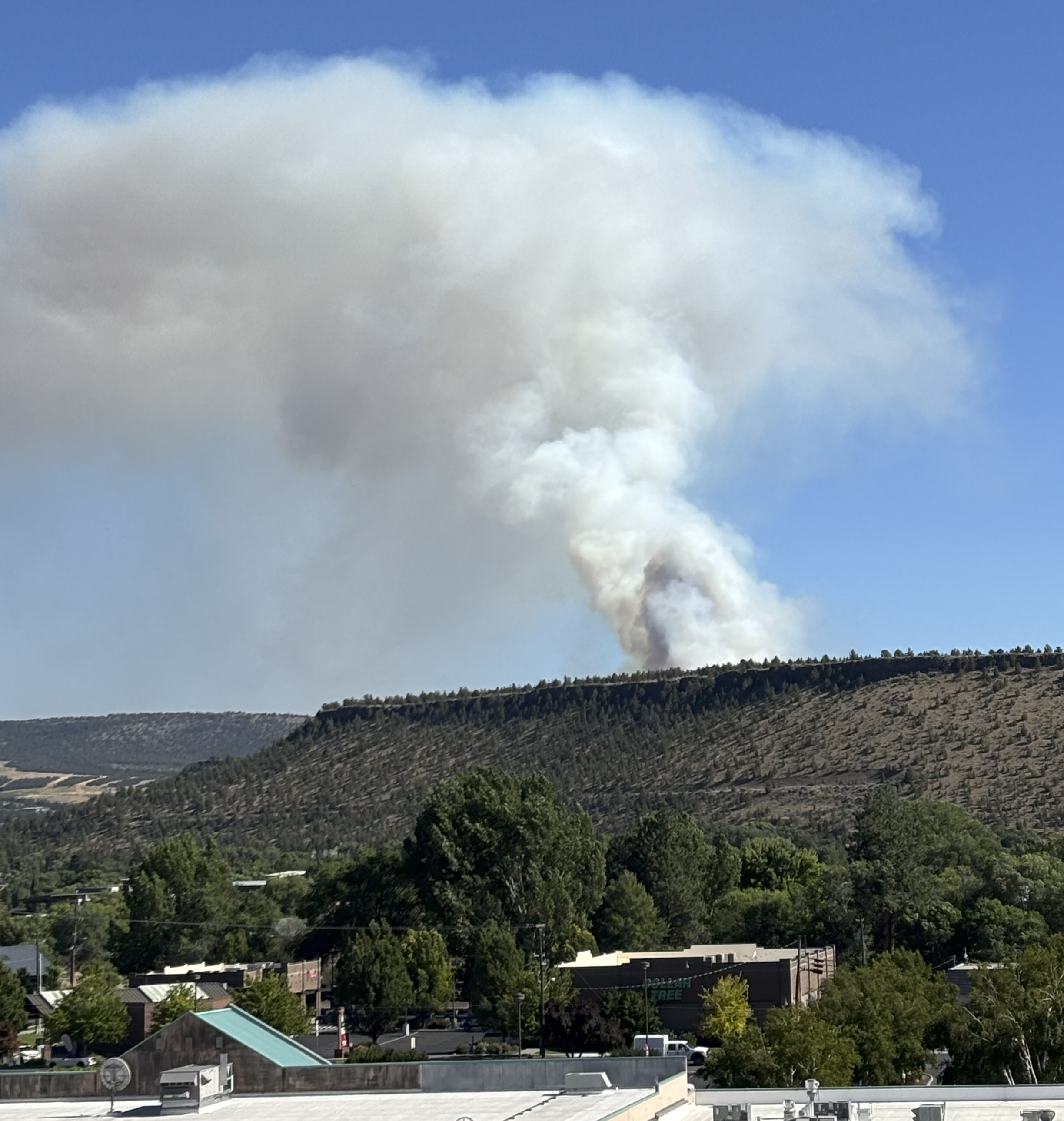Redmond passes new tax on rental cars
Published 10:00 am Thursday, January 25, 2024

- Employees gather at rental car counters at the Redmond Airport on Jan. 24, awaiting a flight and a new batch of potential customers.
Redmond City Council unanimously agreed to implement a rental car tax as a way to generate money to fund a number of transportation projects over the next five years.
Trending
According to Jason Neff, Redmond’s chief financial officer, the 12.5% tax on rental cars will generate around $2 million in annual revenue for the city. The tax should generate roughly $11 million over the next 5 years, Neff said.
The tax would cost a visitor renting a mid-sized vehicle about $6 a day, he said.
City council approved the new tax at its Jan. 23 regular meeting. It will go into effect at all rental locations in city limits, which includes the Redmond Airport. Recreational vehicles as well as rental vehicles related to moving property, like a U-Haul, will not be taxed, according to city staff.
Trending
Neff said the city hopes to complete $64 million in transportation projects and has already identified $37 million to go toward that goal. The rental car tax will help get the city closer to revenue needed to pay for the projects.
“The community is obviously growing and the cost of construction is growing quite a bit as well,” Neff told the Spokesman.
“The neat thing about it is it is a balanced approach to funding Redmond’s growing transportation needs.”
Neff said that many municipalities across the country already tax rental cars, especially places with airports. While the state of Oregon does not, Multnomah and Lane counties and the city of Medford levy local car rental taxes. A number of city councilors expressed surprise that Redmond had not adopted one prior.
“I have traveled a fair bit in my life and when I rent a car I expect to see that tax,” said councilor Tobias Colvin. “It is a tax on the user that is not from the area that is helping the transportation you are using … I was actually surprised when this first came up that we didn’t actually have this already going.”
Councilor Cat Zwicker felt the same way.
“I feel like having lived in multiple different areas, I am surprised we didn’t take advantage of a way to improve our cities roads and streets with the dollars of the people who use them outside of the community,” Zwicker said. “I am in support of this.”
Neff said car rental tax are “quite common” throughout the country. He noted that 44 states have some sort of rental car tax, and many of those states allow counties and municipalities to add their own local tax as well.
The American Car Rental Association, the organization that represents the rental car industry, was disappointed to learn that Redmond will tax rental cars.
The association’s executive director, Sharon Faulkner, wrote a letter to city council, requesting they not pass the tax.
An association spokesperson, Gregory Scott, said there is a misconception that most of the burden of a rental car tax will fall on tourists and businesspeople from out of town. He said that is not the case.
“The fact of the matter is that over 50% of rental cars across the United States are not rented at airports,” said Scott. “They are rented at local locations. They are insurance replacements. They need a different car to go skiing or go see grandma, or whatever the case may be. And so it is really the voters and citizens of Redmond that are paying a lot of these taxes.”
Scott said the tax will dissuade people from renting cars altogether, a topic that came up during the city council meeting. City officials said it did not appear to be the case in the three other jurisdictions in Oregon that tax rental cars.
Jessica MacClanahan, Redmond’s public works director and city engineer, gave an overview of the different transportation projects that can be funded with the increased revenue.
Some notable projects include construction on SW Reservoir Drive and SW Wickiup Avenue, as well as 39th Street to Helmholtz Way, the eastside arterial project, the Badger Avenue and Canal Boulevard roundabout, and others.
“This is not a lottery ticket, but it is a solution to some of our transportation funding issues,” Neff said.
Neff said the benefits of such a tax, in addition to helping address the city’s long-term transportation funding challenges, is to better spread costs more evenly between residents, development and visitors.
Neff said the city settled on a 12.5% tax to match the rate levied in Medford.
Neff said the tax percentage should translate into around a $20 charge for a three-day rental for a midsize vehicle, based on car rental rates from January. For a three-day SUV rental it would bump the cost by $23 and for an elite rental, $34.








